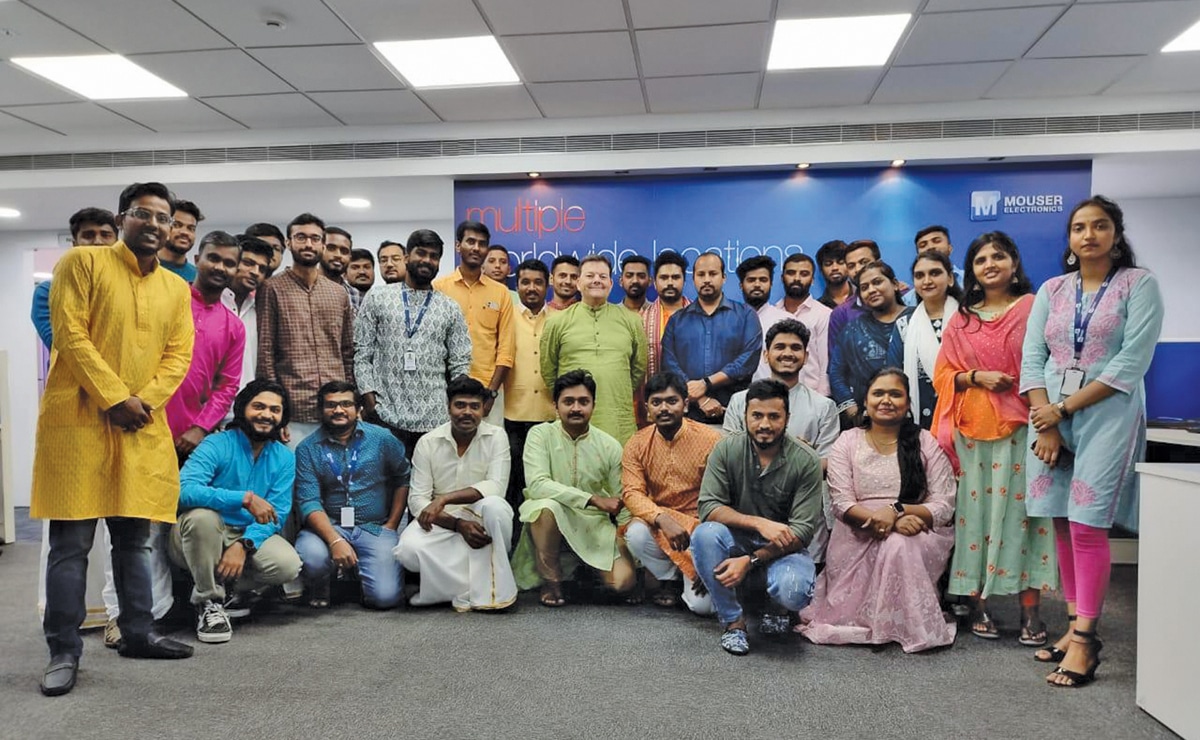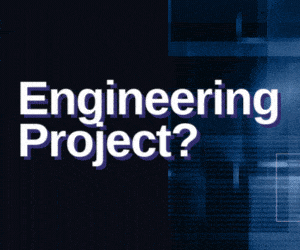Mouser.com has increased its revenue by two billion dollars in the last two years! What’s their success mantra? Why do customers keep going back to them? What are they investing in, to keep growing? Is India important for Mouser? Why? What’s next? Quite a few burning questions, which got answered when Yashasvini and Rahul from Electronics For You met Mark Burr-Lonnon, Senior Vice President of Global Sales and Service at Mouser Electronics, during his recent visit to India. Key extracts…

Senior Vice President of Global Sales and Service, Mouser Electronics
Q. How would you define Mouser’s unique strength for its customers?
A. Our strength is in offering the newest products and working with small- to medium-sized customers to help them grow by getting the latest technology into the hands of the engineers who need them. We define New Products as those which are within 48 months from release to market, which is about 25% of our total inventory. We also put a lot of time and effort to make sure we have the widest range of parts for all our suppliers. So, this is not about the value of inventory or depth of inventory, but the breadth of inventory. When engineers are looking for parts, they want to go to the one source where they have the optimum chance of finding as much as possible. Plus, we have a motto that says, “Always do the right thing.”
Q. Can you shed some more light on the motto and how you handle its execution?
A. Our order accuracy rate is very high, but there are times when our customers make mistakes or we make mistakes. We try to fix such mistakes. For example, if the customer has gotten something by mistake that can be returned/exchanged, then we’ll send them the right part. It’s really important when you’re dealing with a customer to do the right thing. If we look after someone, they come back. So, we do our best to do the right thing to help them come back.

Q. How do you handle promotion of brands that sell competing stuff via your website?








